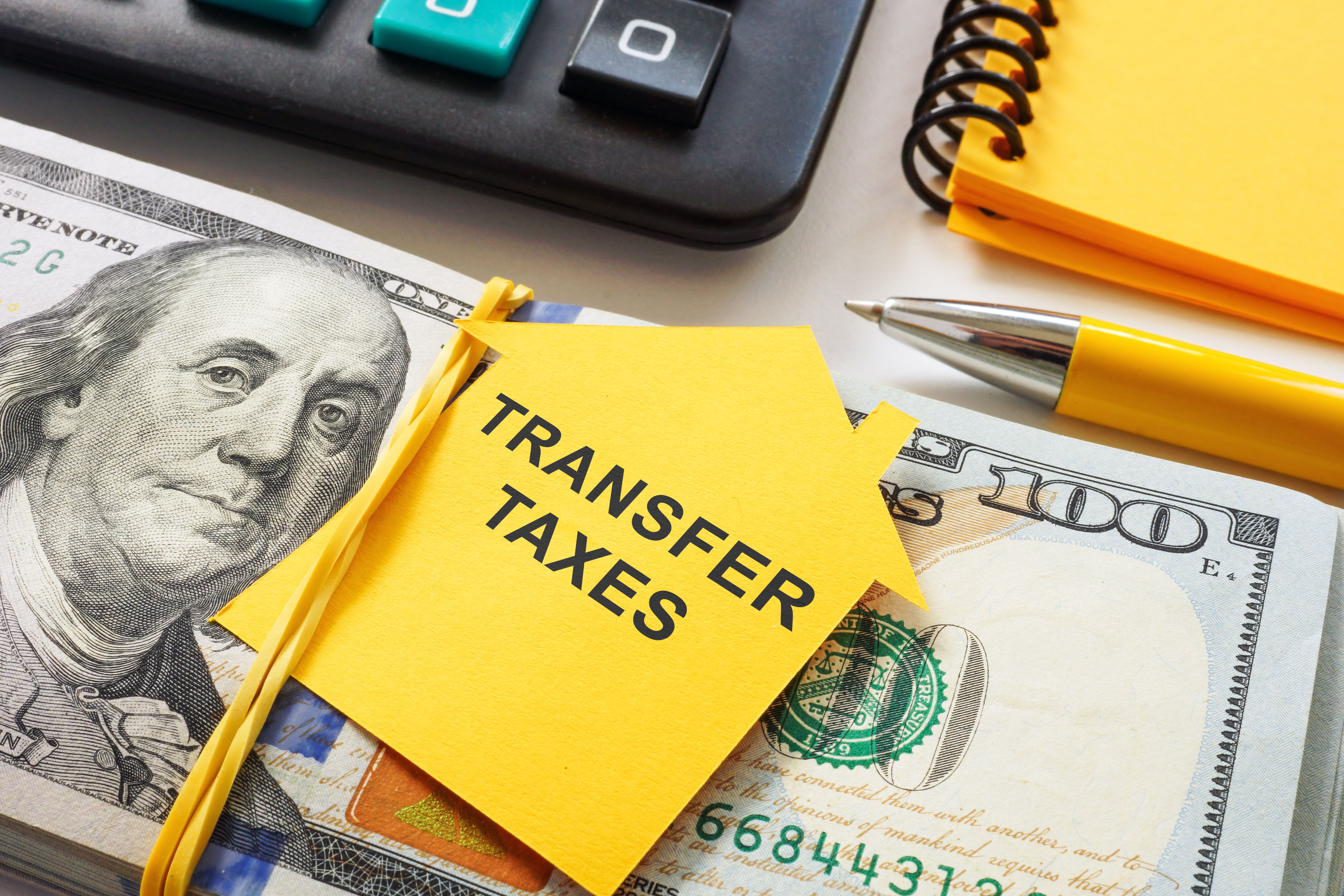Understanding Deeds: A Step-by-Step Guide
What Is a Deed?
A deed is a legal document that represents the ownership of a property. This document ensures that the transfer of property rights is valid and enforceable. Understanding the intricacies of deeds is crucial for anyone involved in real estate transactions.
Deeds are primarily used to transfer property from one party to another. They must meet specific legal requirements to be recognized. These requirements include the names of the parties involved, a description of the property, and the signatures of the grantor and grantee.

Types of Deeds
Warranty Deed
A warranty deed guarantees that the grantor holds clear title to the property and has the right to sell it. This type of deed provides the most protection to the buyer, as it includes warranties against any future claims on the property.
Quitclaim Deed
A quitclaim deed transfers the grantor's interest in the property without any guarantees. It is often used between family members or to clear up title issues. While quick and easy, it offers less protection to the grantee compared to a warranty deed.

Steps to Complete a Deed
To complete a deed, follow these essential steps:
- Identify the correct type of deed for your transaction, whether it's a warranty or quitclaim deed.
- Prepare the deed by filling in the necessary information, including the legal description of the property and the names of the parties involved.
- Sign the deed in the presence of a notary public, who will acknowledge the signatures and ensure the document's validity.
- Record the deed with the local county recorder's office to make the transfer official and public.

Common Mistakes to Avoid
Incorrect Property Description
One of the most common errors is providing an incorrect legal description of the property. This mistake can lead to disputes and challenges in ownership. Always ensure the description is accurate and matches official records.
Not Recording the Deed
Failing to record the deed can result in legal complications. Recording the deed protects the buyer's ownership rights and prevents future claims against the property. It is a vital step that should not be overlooked.
By understanding these key aspects of deeds, you can navigate real estate transactions with greater confidence and security. Whether you're buying or selling property, being informed about deeds will help ensure a smooth and successful process.
